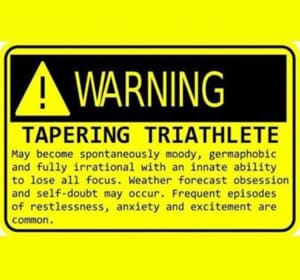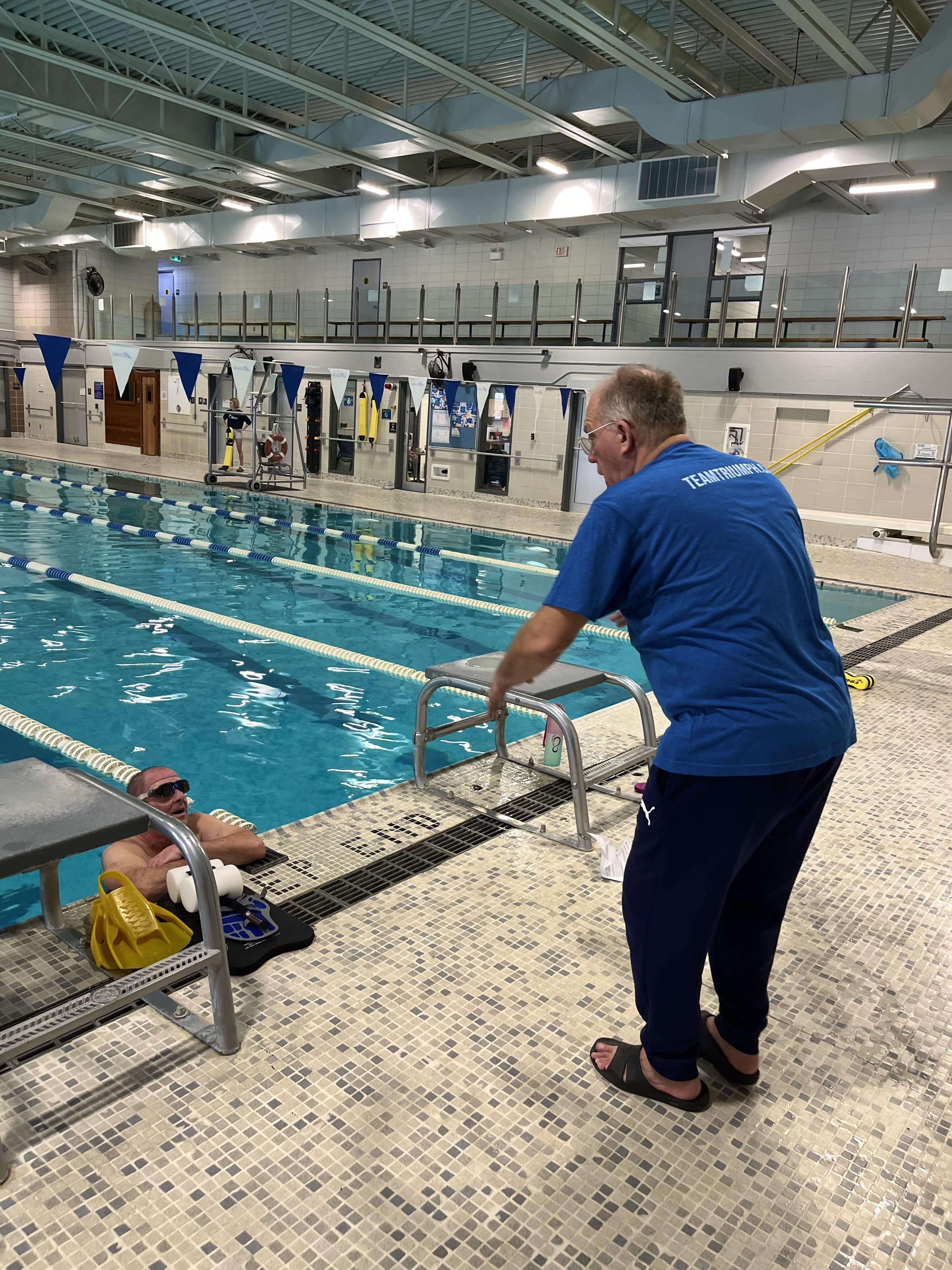
As race day approaches, tapering becomes essential for achieving peak performance in any triathlon, whether you're competing in a Sprint, Olympic, Half Ironman, or Ironman distance. Tapering involves reducing your training volume to allow your body to recover and reach its peak condition. Here are the crucial focus areas to ensure you make the most of your taper and arrive at the starting line ready to perform your best.
The primary goal of tapering is to gradually decrease your training volume. The duration and intensity of this reduction vary based on the race distance:
Reduce the duration and intensity of your workouts while maintaining their frequency to preserve fitness levels and allow for optimal recovery.
While reducing overall training volume, it’s important to keep some intensity in your workouts. Include short, high-intensity intervals to maintain sharpness and muscle activation:
Quality sleep is crucial during tapering. Aim for 7-9 hours of sleep per night to support muscle recovery and mental rejuvenation. Incorporate active recovery techniques such as gentle stretching, yoga, and foam rolling. Consider a sports massage to alleviate muscle tension and improve circulation.
During tapering, focus on balanced meals rich in complex carbohydrates, lean proteins, and healthy fats. Stay well-hydrated with water and electrolyte-rich fluids. In the days leading up to the race, increase your carbohydrate intake slightly to maximize glycogen stores:
Tapering is also a time for mental preparation. Visualize your race, including all segments and transitions. Develop a positive mindset by reflecting on your training accomplishments and setting realistic race day goals.
Pay attention to how your body responds to the taper. Feeling sluggish or anxious is normal. If you notice unusual fatigue or soreness, adjust your workouts accordingly. Err on the side of caution and prioritize rest to avoid overtraining.
Use the tapering period to ensure all your gear is in optimal condition. Check your bike, running shoes, and other equipment. Organize your race day nutrition and hydration plan. Familiarize yourself with the race course and logistics to reduce any last-minute stress.
Finally, trust the tapering process. It's natural to feel like you're not doing enough, but remember that the hard work is already done. The taper is designed to help you perform at your best. Embrace the reduced training volume, focus on recovery, and stay confident in your preparation.
A well-structured taper can make a significant difference in your triathlon performance, regardless of the distance. By focusing on gradual volume reduction, maintaining intensity, prioritizing recovery, fine-tuning nutrition, and preparing mentally, you'll set yourself up for success on race day. Trust the process, listen to your body, and get ready to cross that finish line feeling strong and accomplished. Good luck!
Julia Aimers
CSEP Clinical Exercise Physiologist
CSEP High-Performance Specialist
Certified Triathlon, Cycling, Yoga and Swimming Coach
USA Cycling Level 2 Coach
Training Peaks Accredited Coach

I would highly recommended Eric and Team Triumph!
Ian Ross

A year ago I could only tread water and had not run since childhood. With the amazing Virtual Olympic course, support, guidance, and tips from of all the folks at Team Triumph I've ended the season with my first Olympic distance triathlon under my belt and am hooked! Really looking forward to the 2025 season and even to the hard work over the winter to prepare. Karen Houle

I wanted to let you know that the Perth triathlon was a great experience, I somehow placed third in my age group! What a supportive group of participants (including Team Triumph athletes), cheering bystanders and volunteers.
Thanks to your swim lessons, I learned the technical basics and gained confidence to get back in the pool after decades. And it was really special doing this with Ann Laidlaw, my bestie for many years. We did a couple of additional swims with Kevin and Team Triumph people, also a great way to continue learning and practicing good technical form.
I will continue with lane swimming and who knows, maybe there's another triathlon in my future!